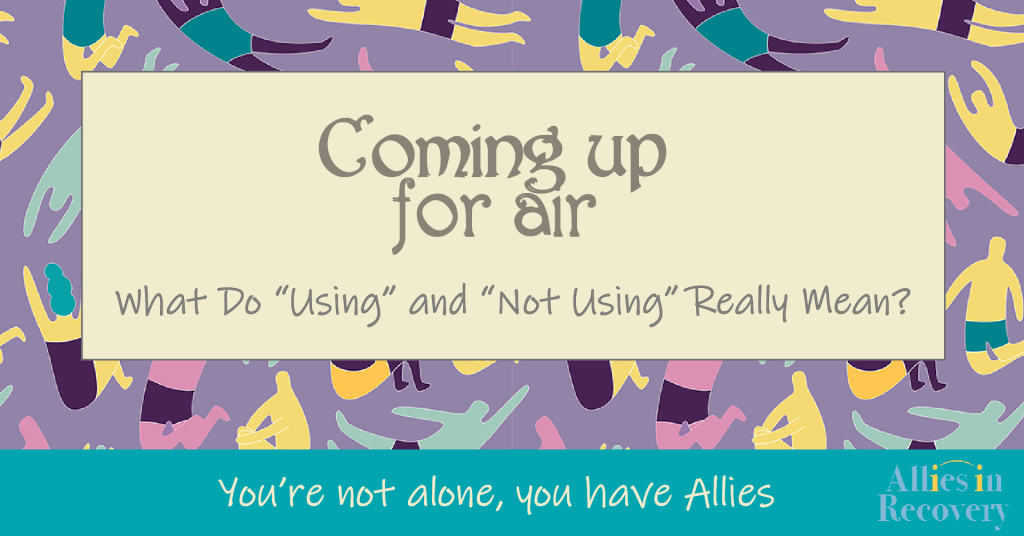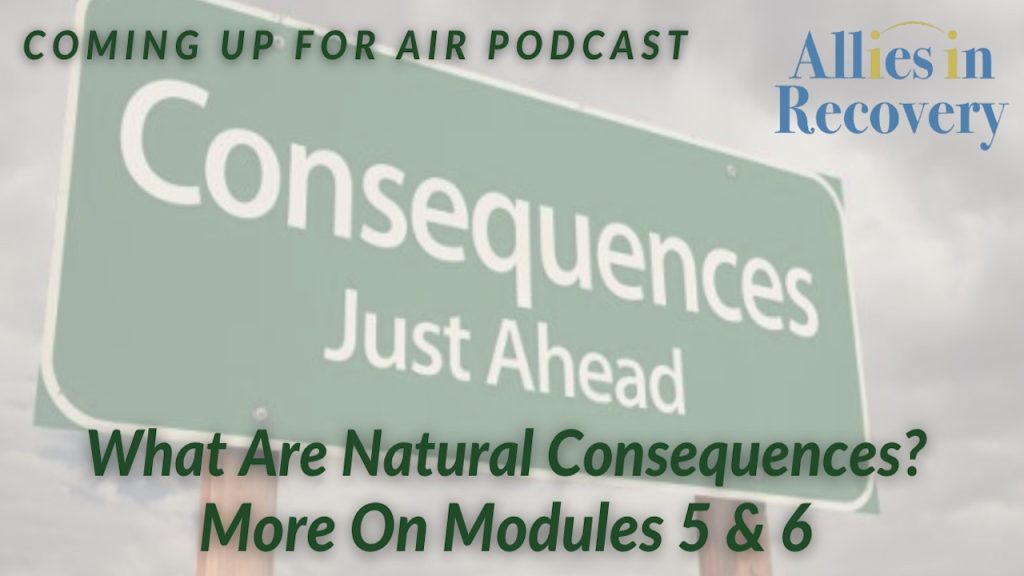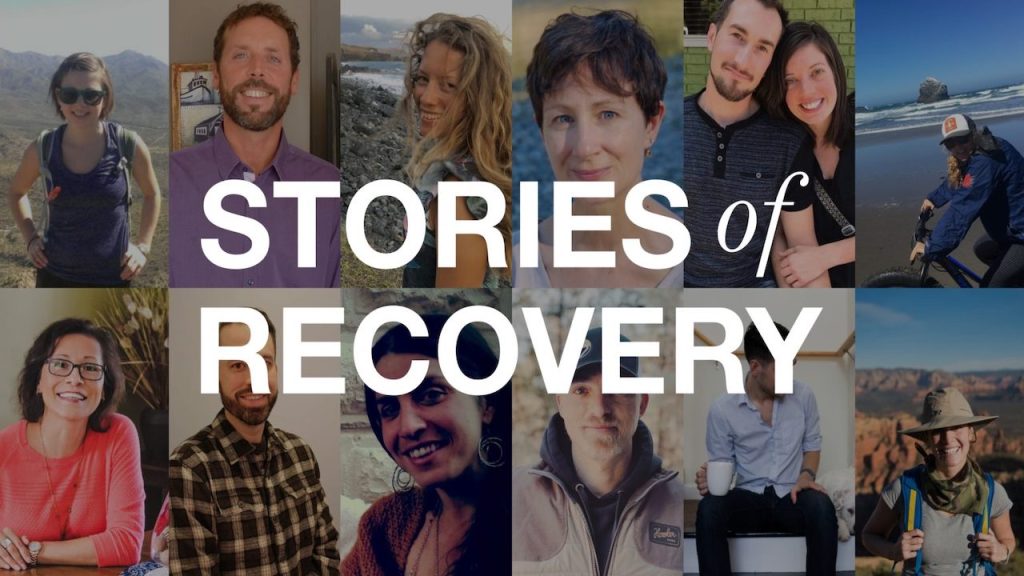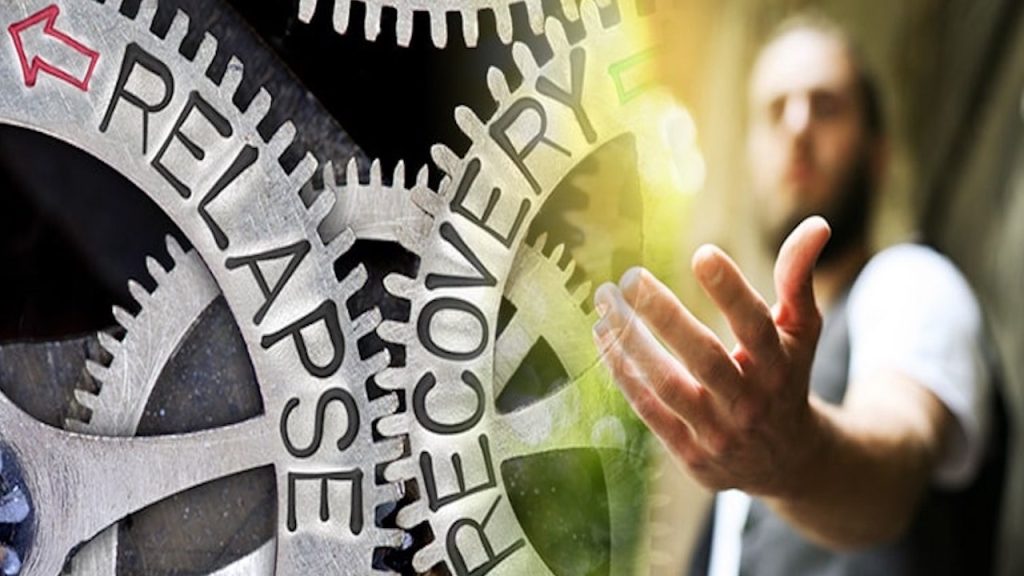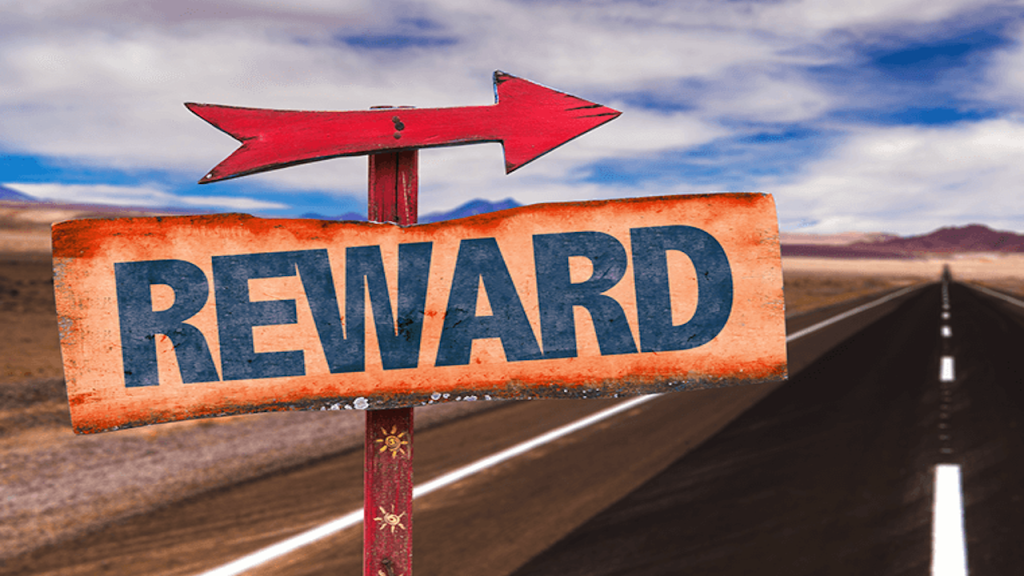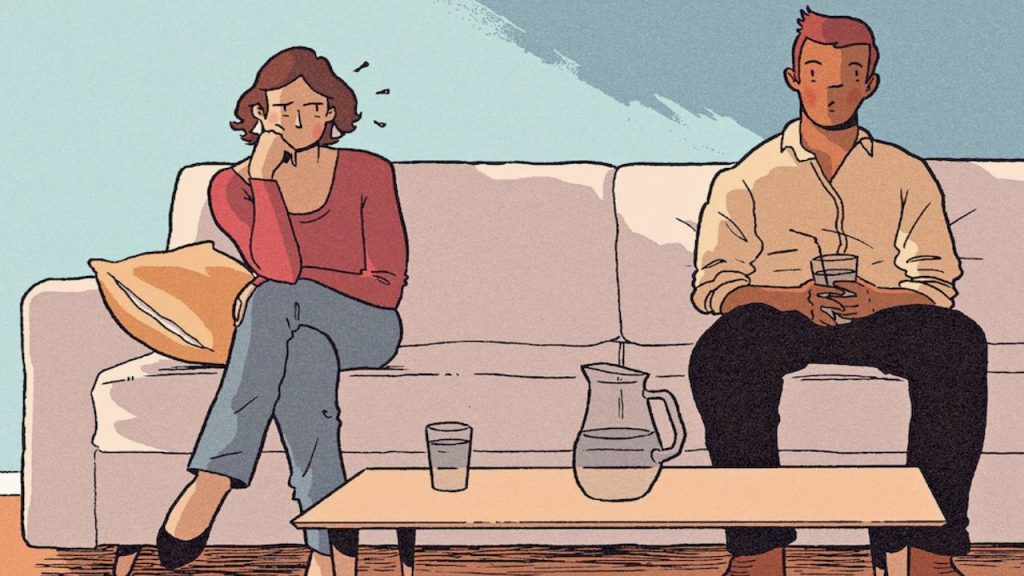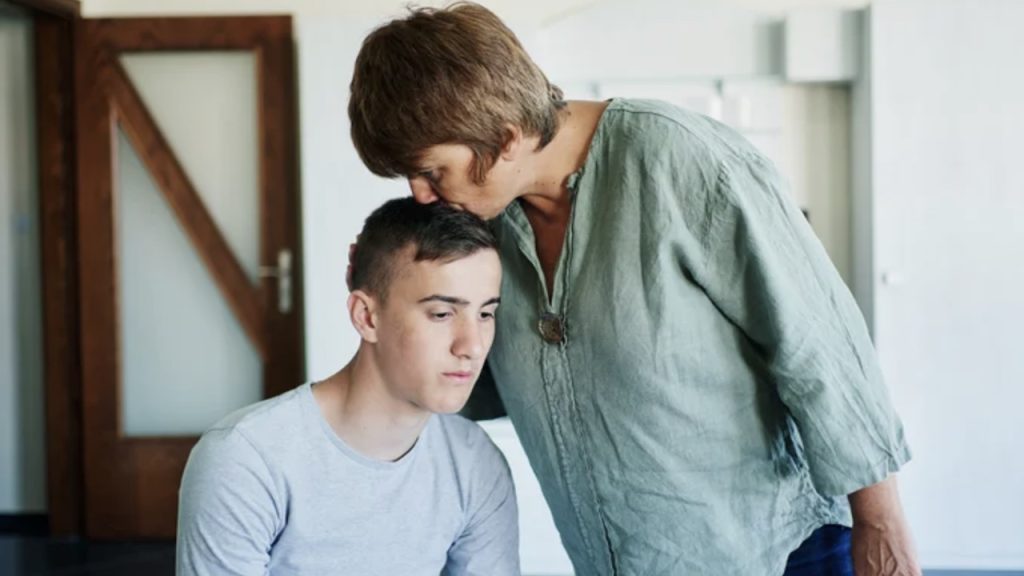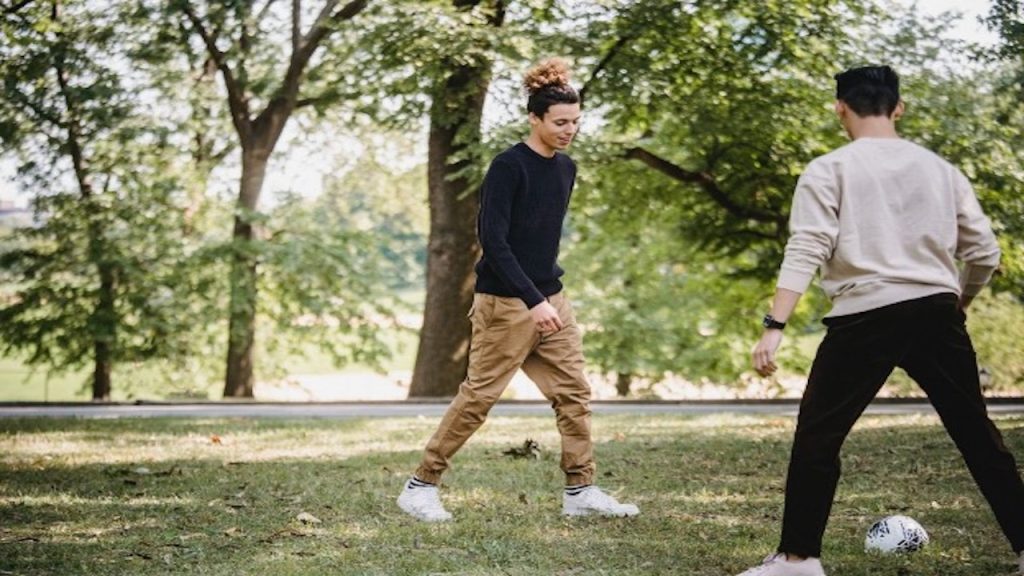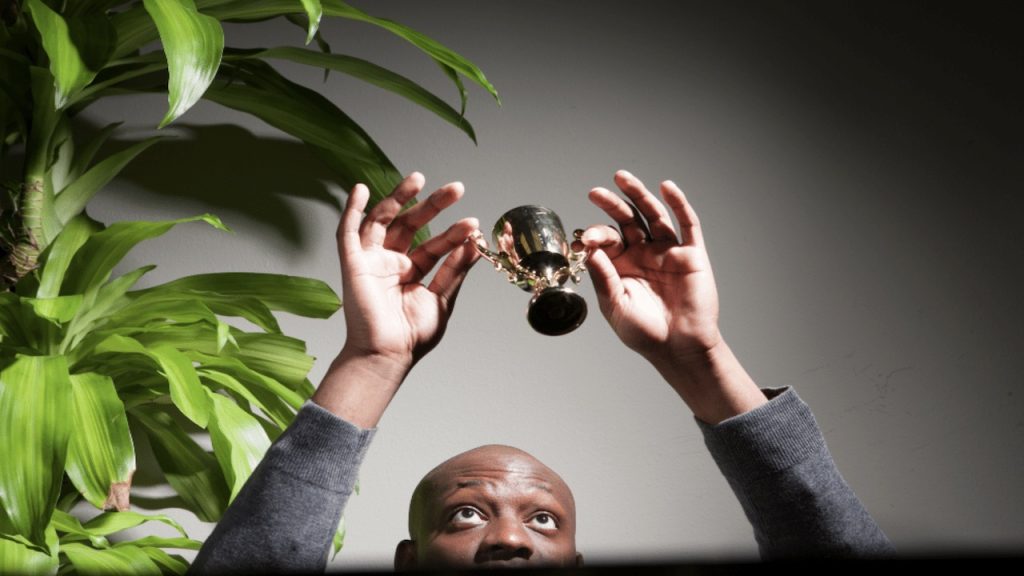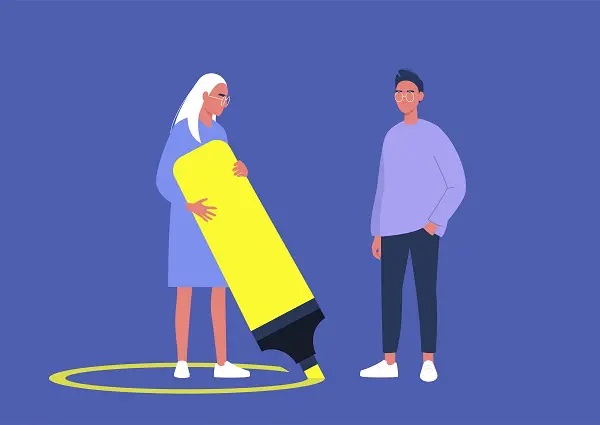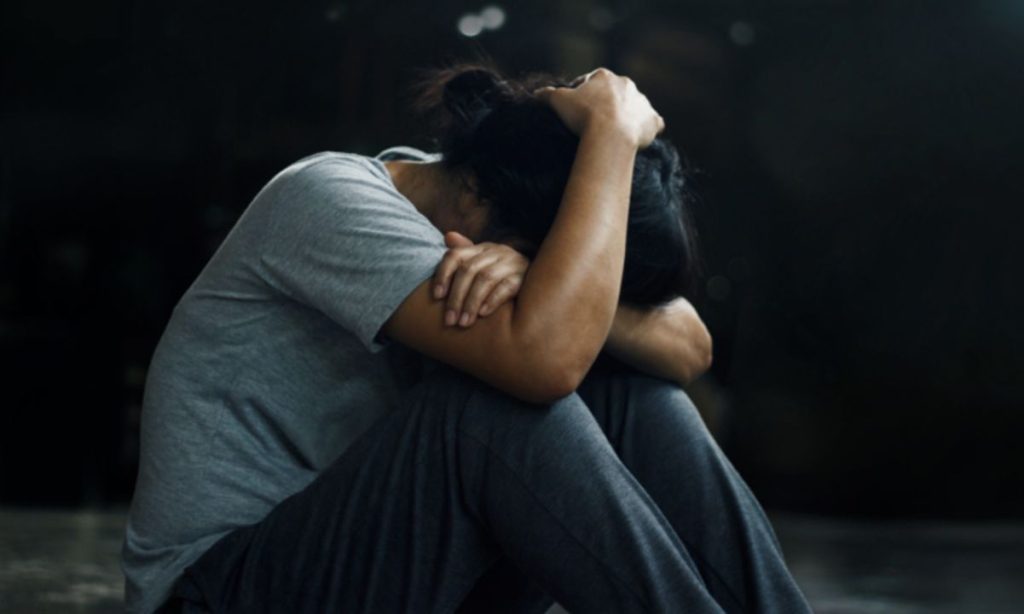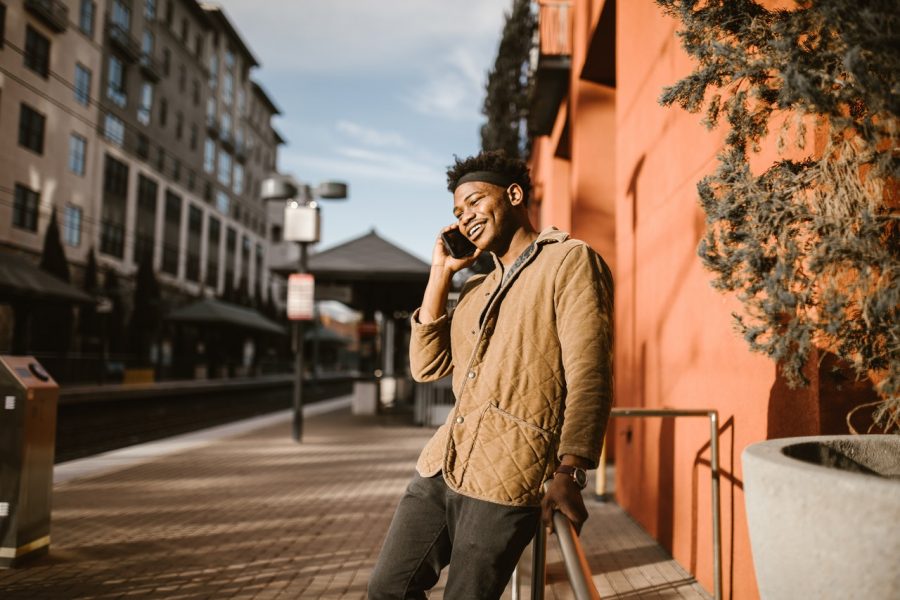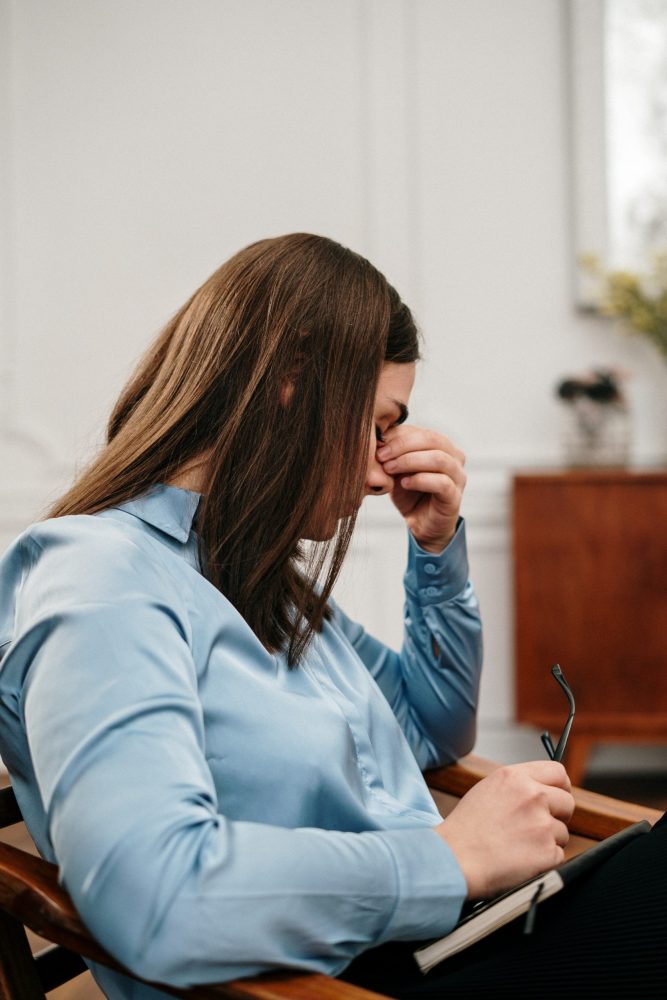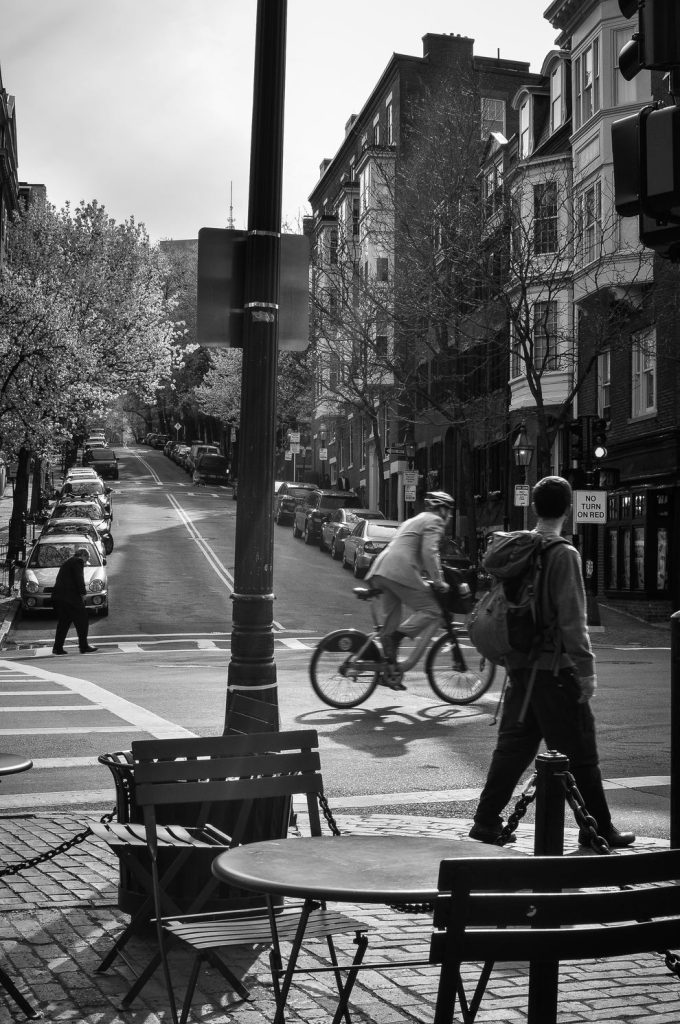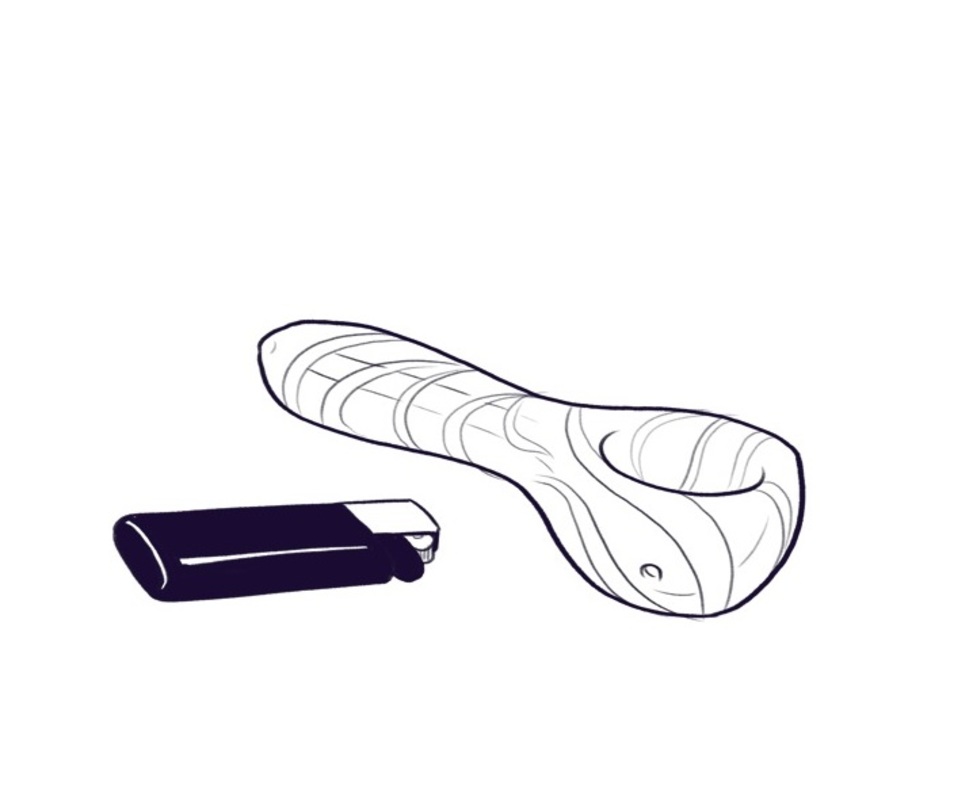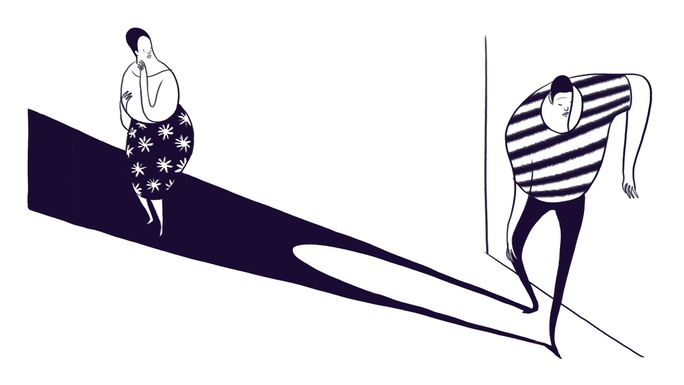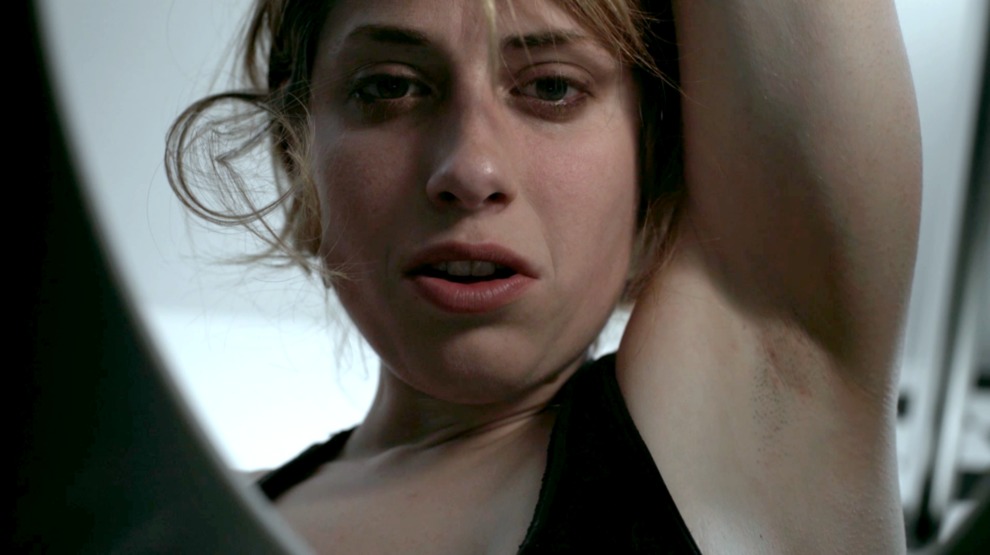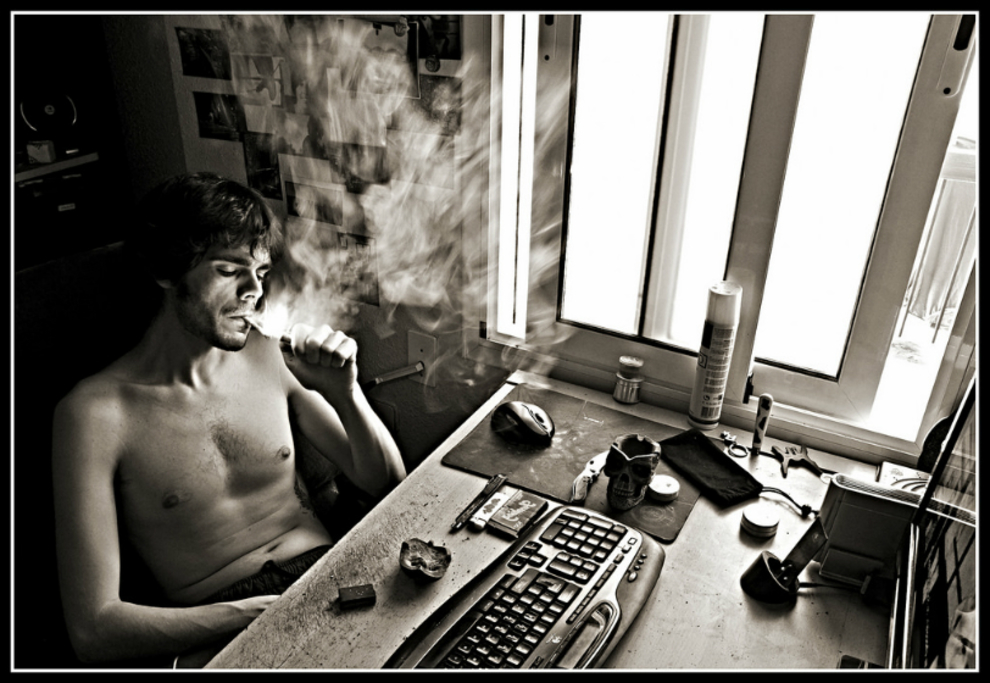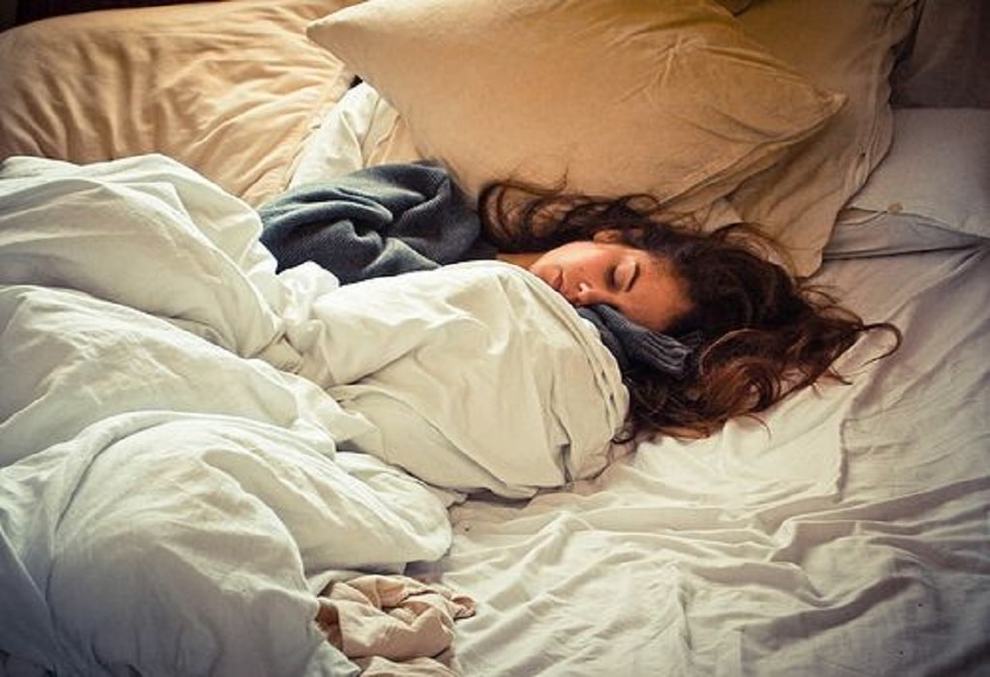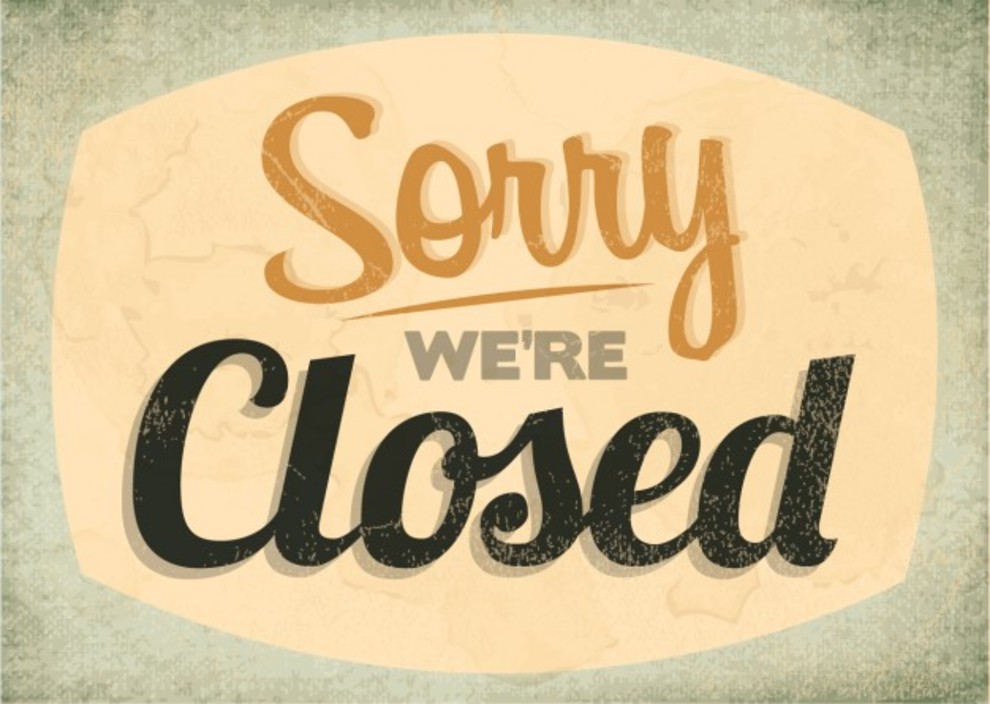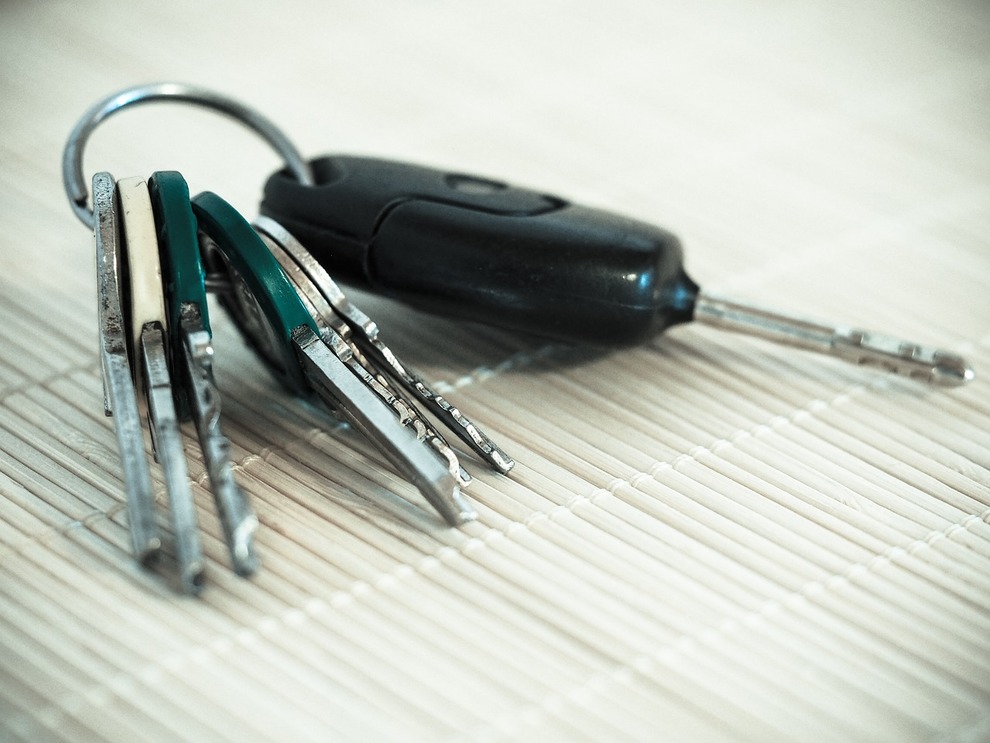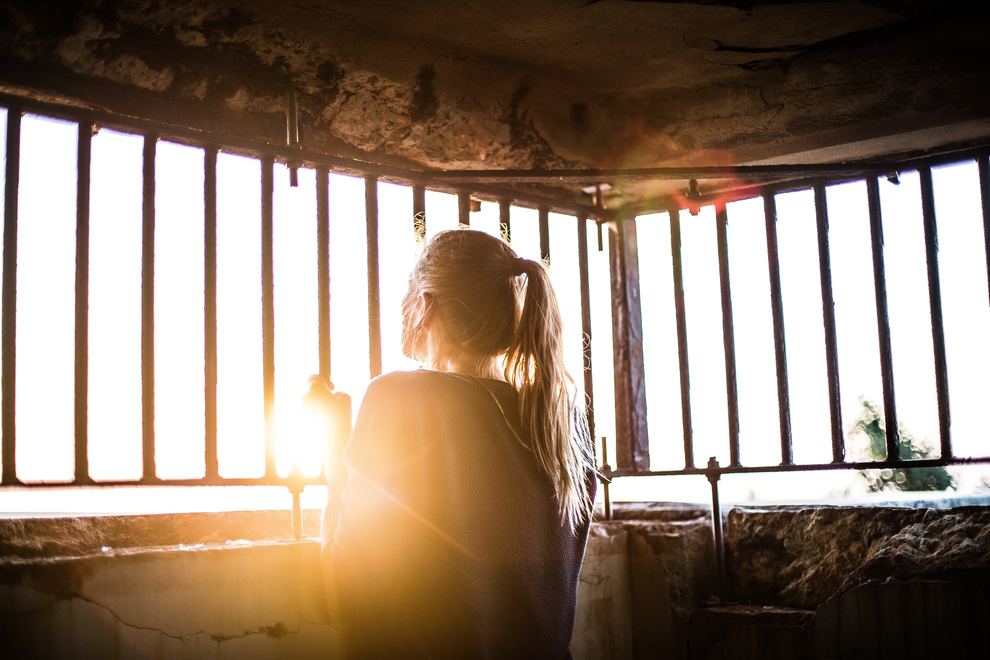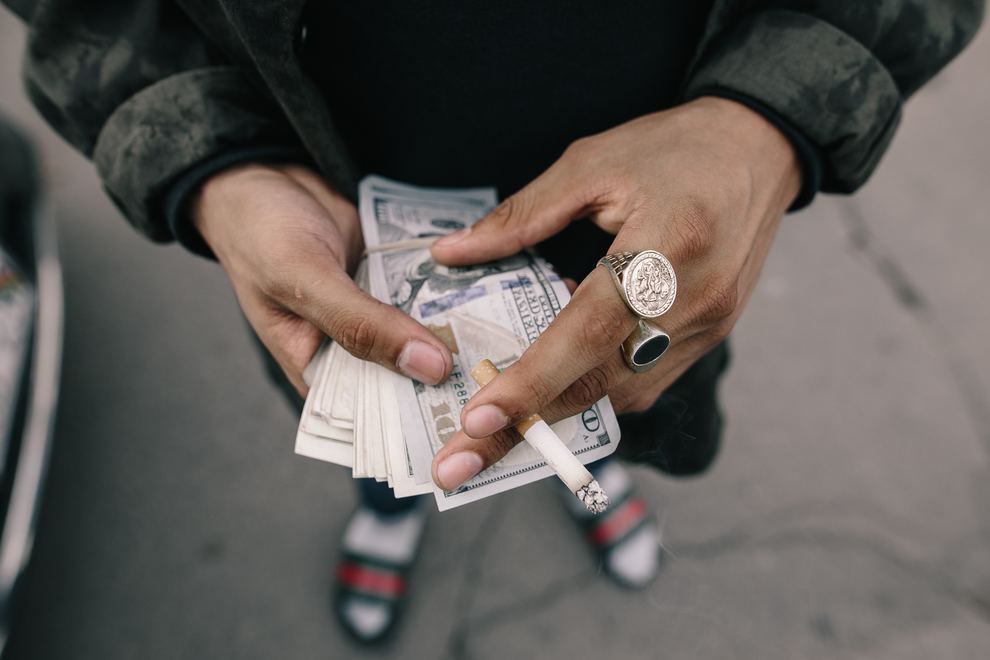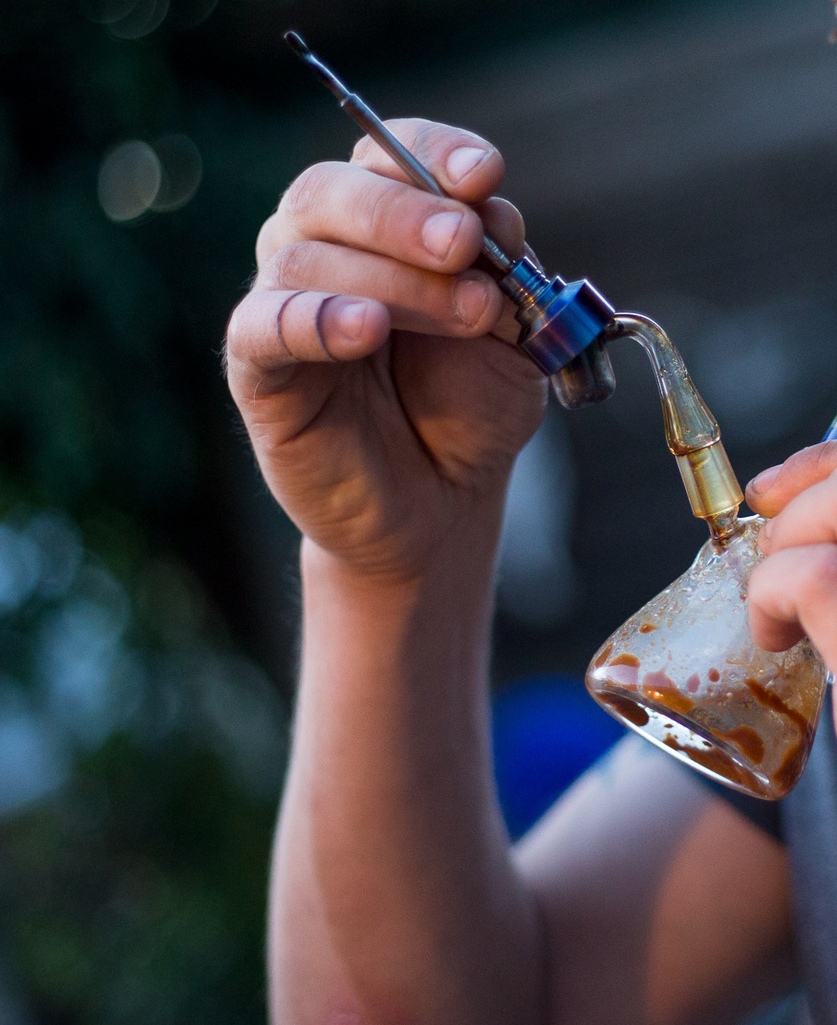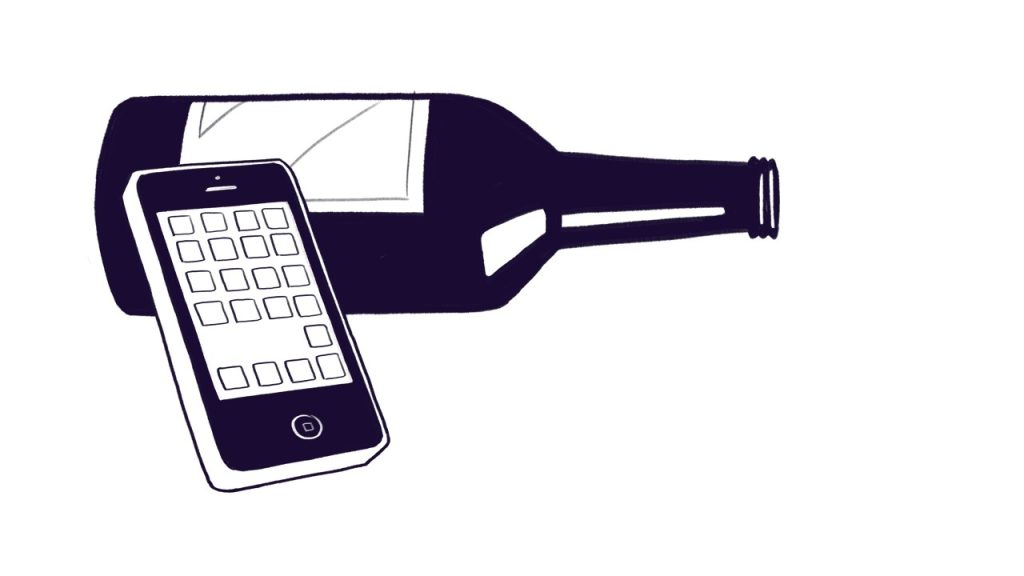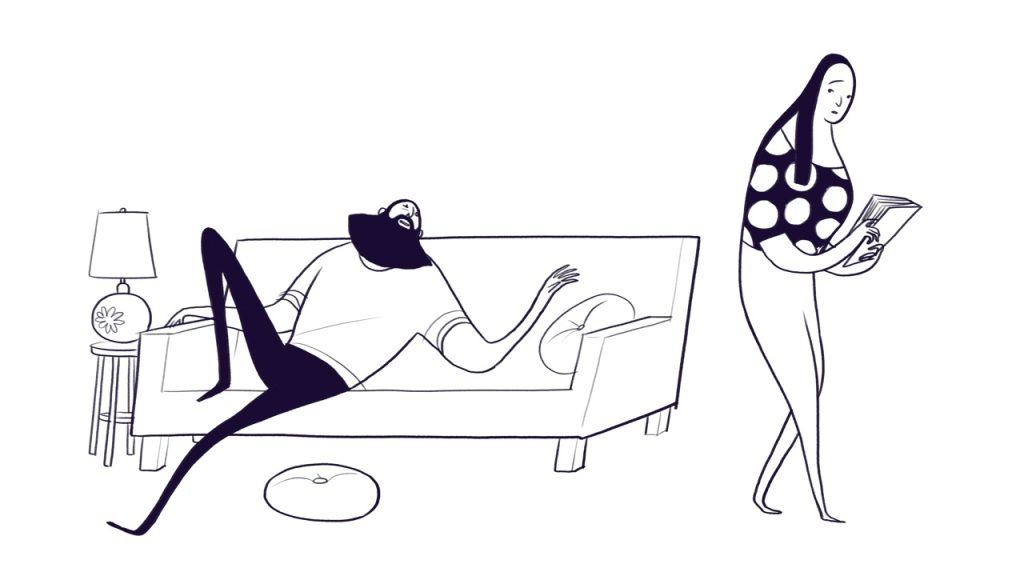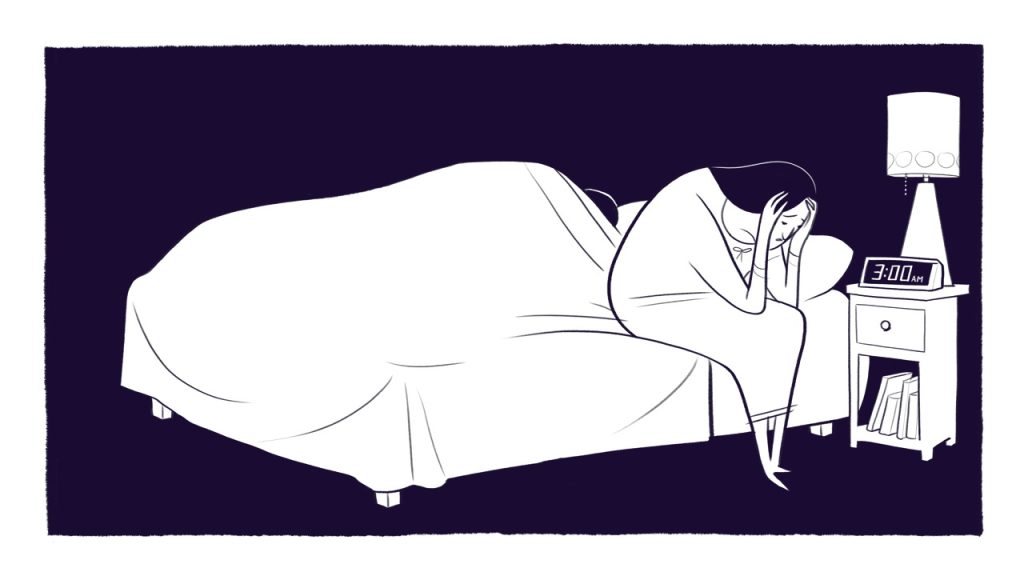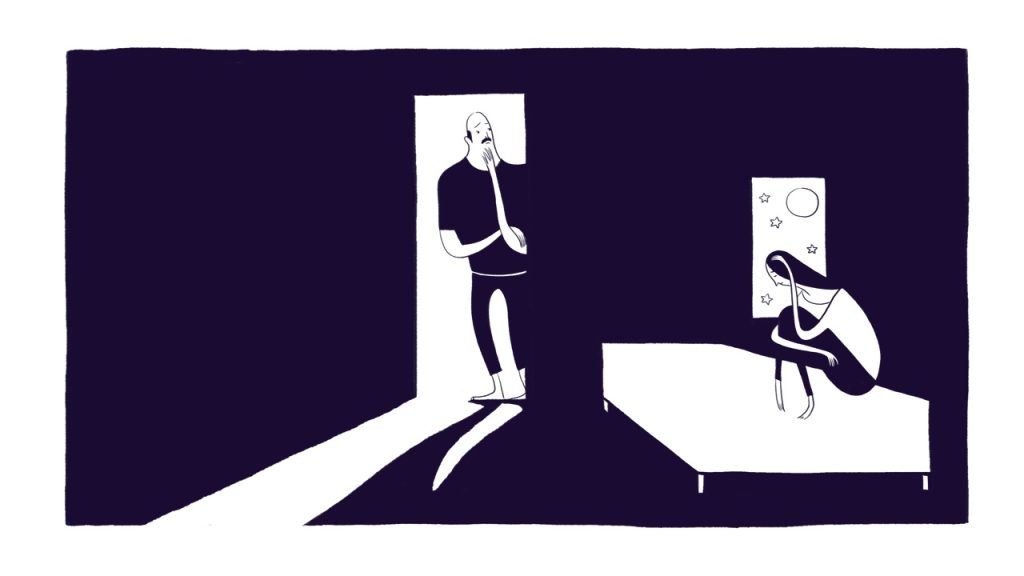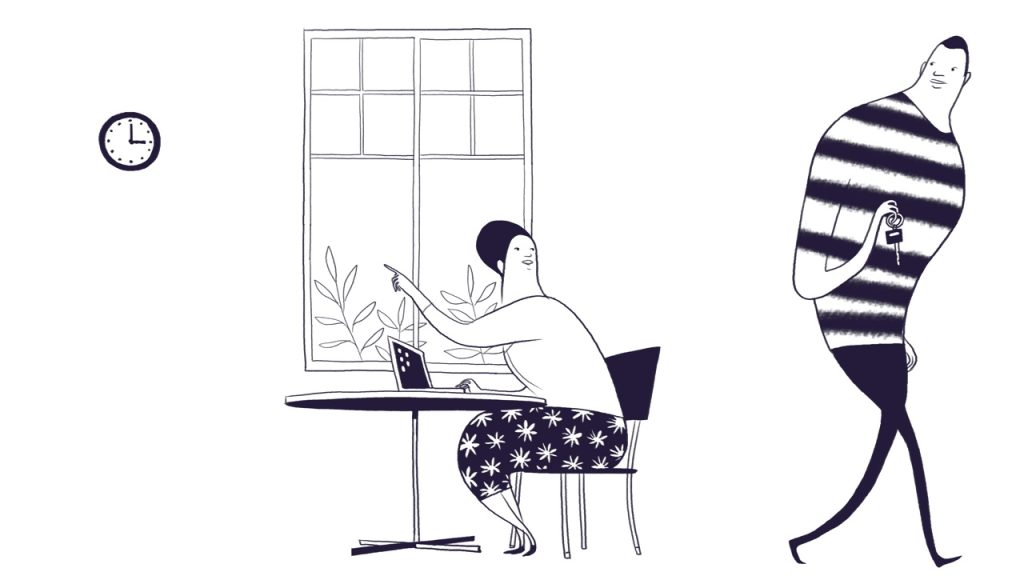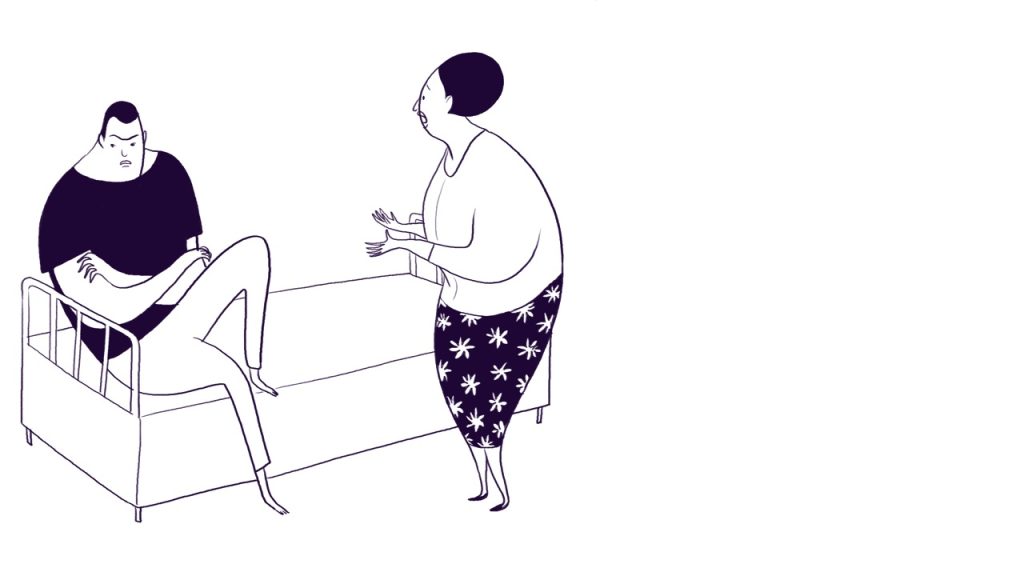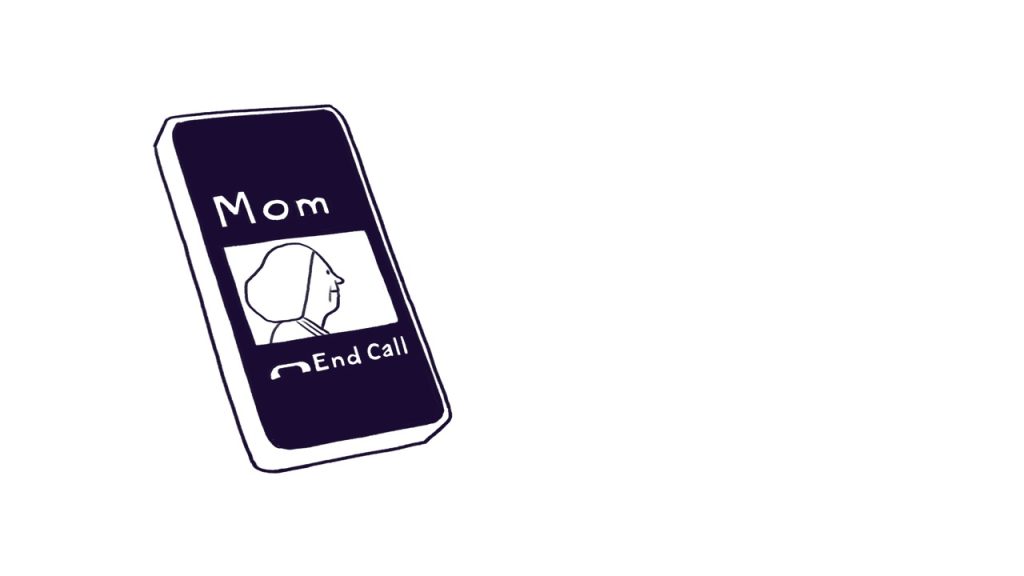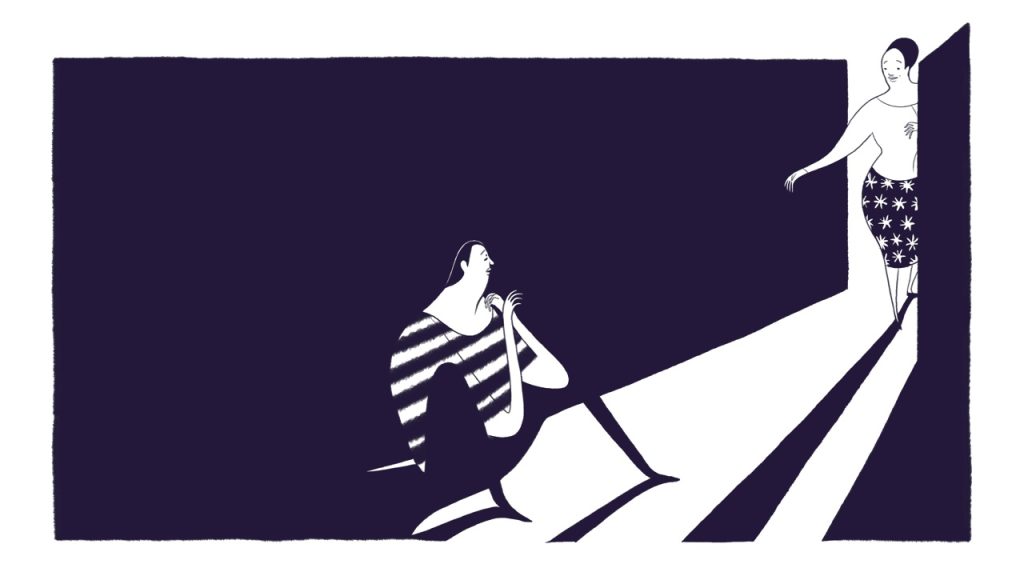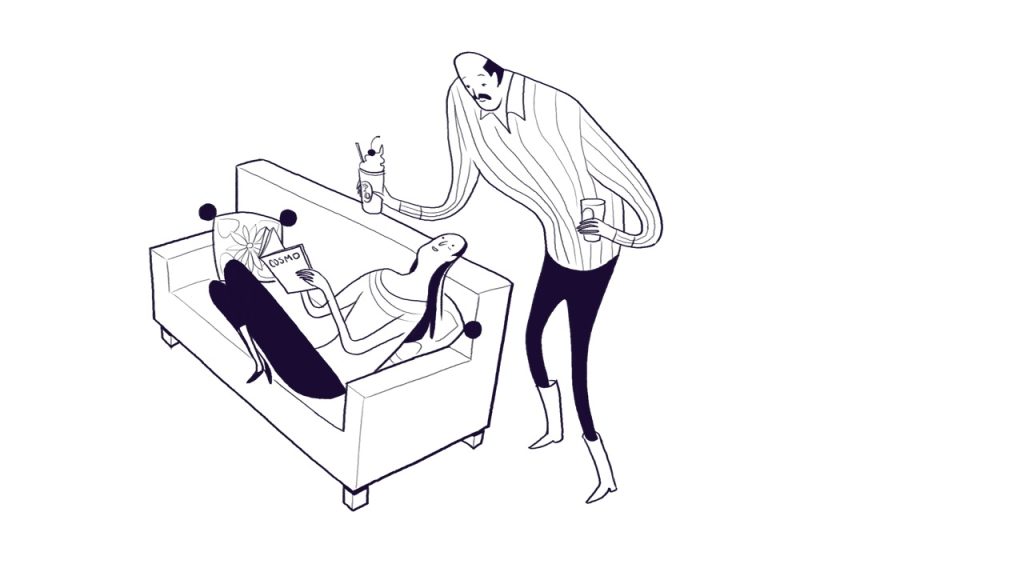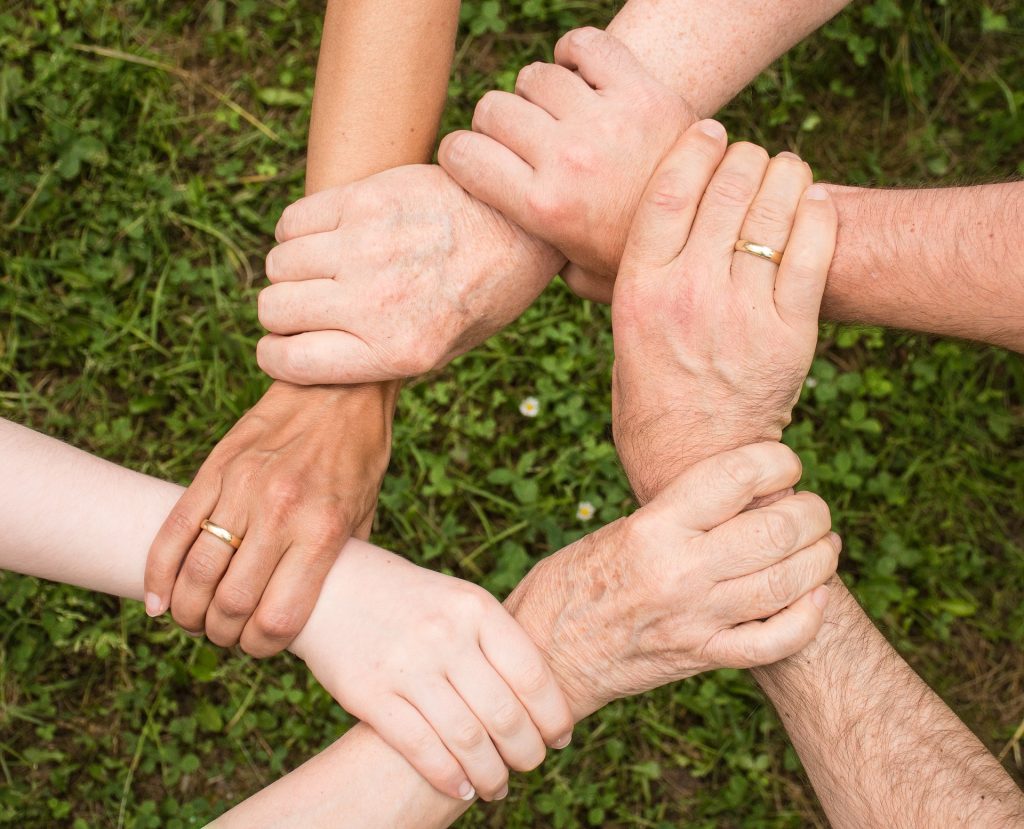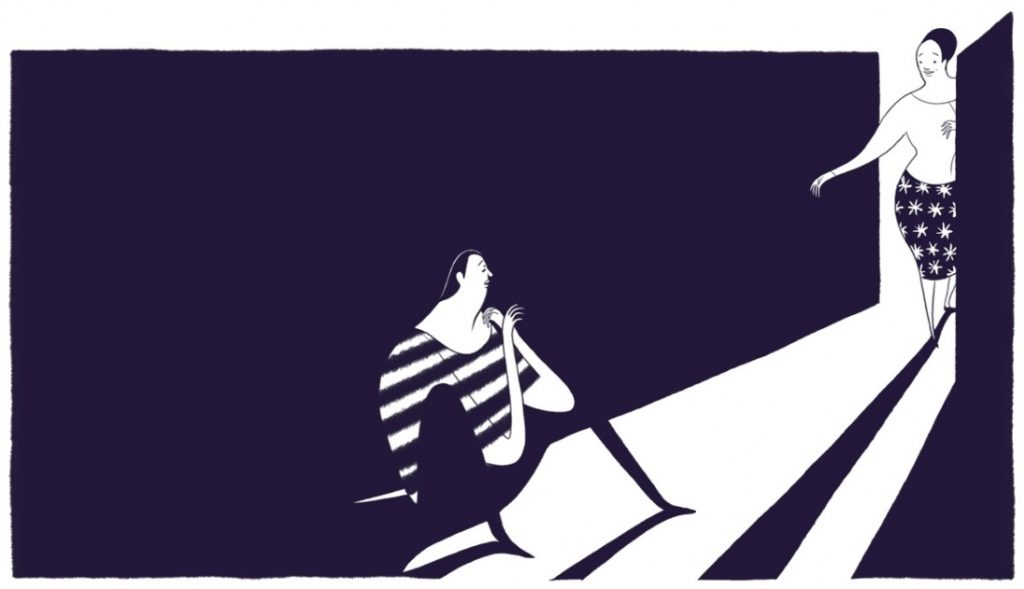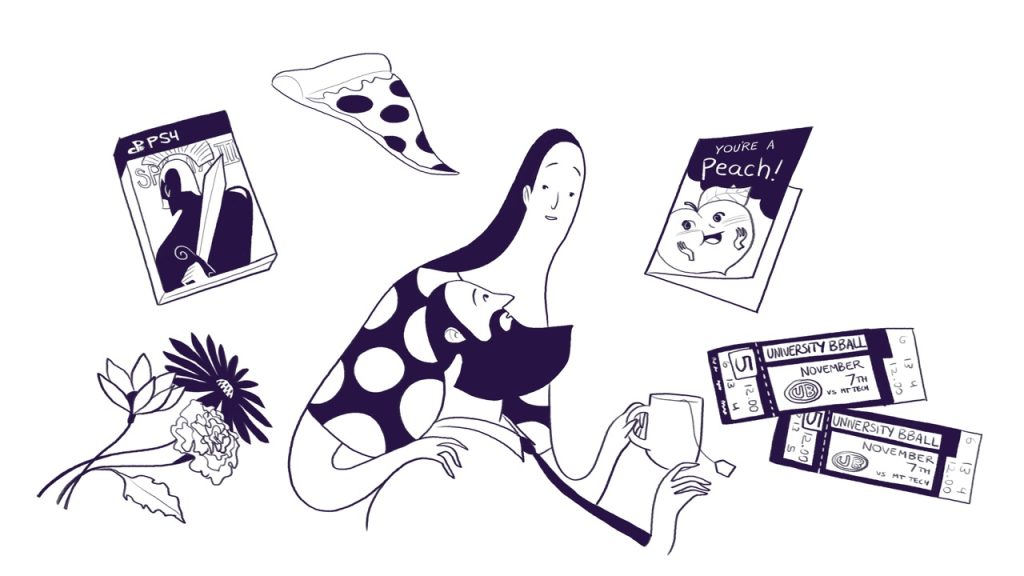What If He Loses the Car? How We Inadvertently Enable
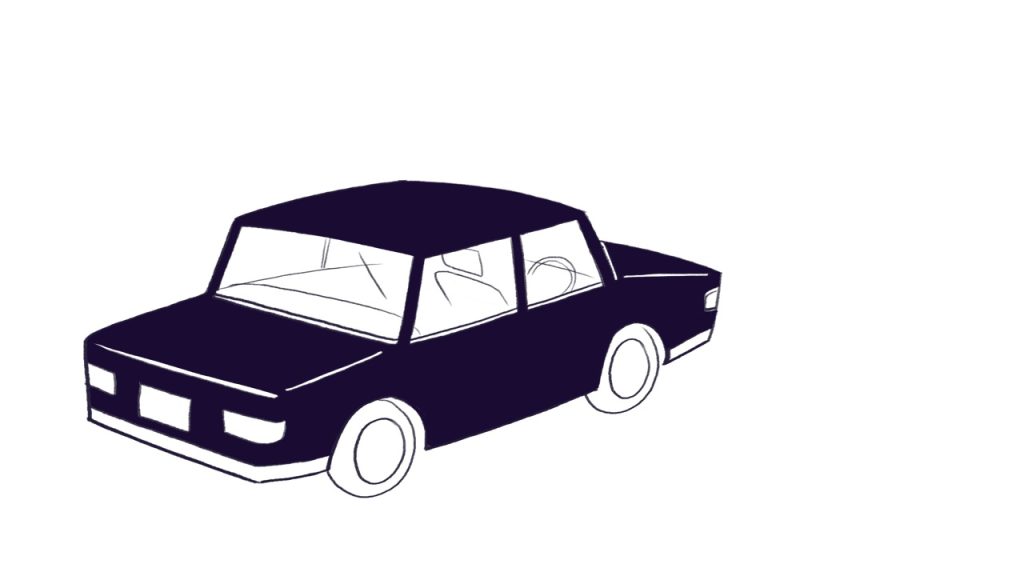
Our Allies member fears that if she stops helping her son financially with his car, things will spiral out of control: loss of car, then job and more use. But while she wants to support her loved one’s sobriety, she worries that her financial support is being diverted to his drug use. How we inadvertently enable.
The Discussion Blog on our member site is a dynamic place of exchange. Members dialogue with experts in the field of family intervention for addicted loved ones. A member recently left this comment. Dominique Simon-Levine, founder of Allies in Recovery, responds below:
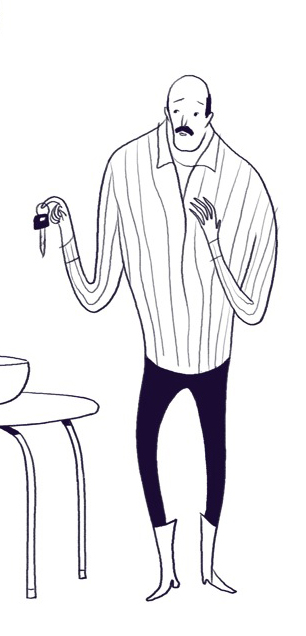
“Yes – I have been torn by my loved one’s job, car, etc. ….. I mainly, possibly selfishly, want him to keep the above (job, car) because I am afraid he will be 100% dependent on me. The last thing I want is for him to live with me because I will just lose my mind. However, I do want him become drug free ….. I just don’t know how to make both happen …..
He has been in and out of rehabs and now going again (due to the court system) ….. He also suffers from depression and anxiety and has not gotten any help, except for being put on anti-depressants (which don’t seem to work) …..
Don’t know where he can go and how to get him there ….. I feel that as long as he has his car, he is able to get to work (providing they allow him to return ….. He left a sober house and is living with friends (yuk). He has a chance to live with a family member, but keeps putting if off – so when he goes to rehab and leaves, I just don’t know what will happen …..
I just keep hoping I can save his car and he can save his job …..”
Our rewards must enable non-use
This is the rub, isn’t it? You don’t want your loved one even more dependent on you, and if they lose their job, won’t that be the case? What would happen if you didn’t step in? The car would be lost, and then maybe the job. Right now, your loved one has both AND is actively using. So, we could say that the current setup isn’t leading him any closer to treatment.
One question to ask yourself is what kind of job doesn’t pay enough to keep a car on the road? Is your loved one looking for the occasional large ticket repair, which may be correct given a low paying job? Or is he repeatedly asking for gas money, or money for windshield wipers, towing charges, fines, and bailing the car out of impoundment? The latter would certainly signal that your loved one is taking his earnings, spending it on drugs or alcohol or for problems related to their use, and getting you to pay for the ongoing costs of keeping the car on the road. And you’ll do it because you fear the loss of the car and what that would mean for the job. In a word: He’s got you.
An important principle in this work is that whatever you do, you must be reasonably comfortable doing it. So you don’t provide rewards that are too much of a stretch. Conversely, you don’t remove rewards if you simply can’t. Remember, your well-being is also important here. This may mean you continue to pay for his car, despite knowing it is supporting his drug habit. You do this because of the stress it causes you as you imagine your loved one losing his job and heading straight for your front door with additional needs.
Yet, I hope thinking it through like we are about to do, will help build your resolve and help you see things slightly differently.
How do I enable non-use? Allow natural consequences…
The central question is this: is the car supporting non-use, by keeping your loved one working, or has it ALSO become an important source of money for drugs and for a bailout when they get him in trouble (since you pay for the — real or imagined — costs of the car)?
Is it possible your son would shift some of his earnings from drugs to keeping the car on the road if you stopped paying for the car?
And what would happen if your loved one lost the car? Would he figure out another means of getting to work? Or would he lose his job? Would losing car and job signal to your son that his behavior — his active use — is leading to more consequences? That his life is getting worse?
What if you tried something different?
Should this happen, what if you didn’t respond to his deeper dependence on you? What if you let him figure out public transport or arrange rides with colleagues or, if he loses his job. Or, what if he went on unemployment? What if you sat by as this happened, unwilling to ask him home or to financially support him?
It could be that this bad turn of events gets your son’s attention. Without you, the ‘natural consequences’ of unemployment, public transport, and maybe even public housing will signal a new low, perhaps making life so unbearable that he becomes determined to address the drugs and alcohol. You just don’t know.
But you do know down deep whether, by providing money for the car, you are supporting non-use or active use. And you also know down deep that you can avoid greater dependence on you should he lose his job. Not easy for sure, but these are the actions under your control that can influence your loved one’s use.
Join the Allies in Recovery member site today for full, unlimited access to our e-learning platform, expert guidance, and the chance to connect with others in your situation. Learn more here

